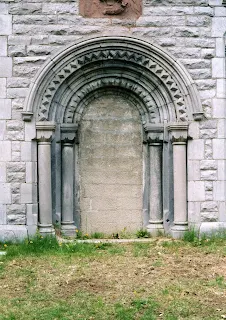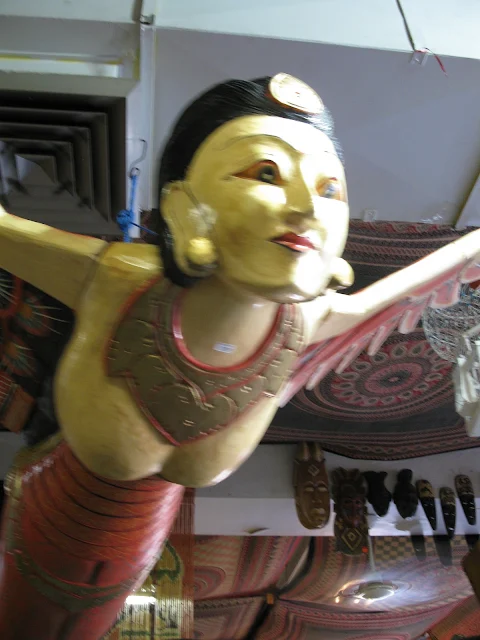
Tuesday, September 30, 2008
Monday, September 29, 2008
Blaise Cendrars Cut Up (two)
An old monk was
Novgorod.
And I, the bad poet who Still, I was a very bad poe
everywhere I couldn’t go to the end.
And also merchants still I was hungry
To go make their fortune And all the days and all
And all the shopwindows glasses
And all the houses and all I should have liked
And all the wheels of cabs and all the streets
pavements those lives
I should have liked to plus turning like whirlwinds over broken
nge them into a furnace of swords
the square
And my hands took fligh The great almonds of the
wings And the honeyed gold of
And those were the last An old monk was reading
Of the very last voyage I was thirsty
And of the sea. And I was deciphering
When, all at once, the pig
I was in Moscow, where too,
with the rustling of albatross flames
And I was not satisfied of the last day
that my eyes turned
Their train left every many dead out there
It was rumored there we rates
One took along a hundred accounts I the bank.
clocks from Blac Malmö filled with tin cans and cans
Another, hatboxes,
Revolution… omen
And the sun was a fierce hire which could also be useful
That burned like live
It was in the time of my And I should have liked
I was scarcely sixteen And tear out all the
And dissolve all those
garments that enrage
I could sense the coming
Cut up of “Prose of the Transsiberian and of Little Jeanne of France”, by Blaise Cendrar
Thursday, September 25, 2008
2226 Girouard Avenue, Montreal
Wednesday, September 24, 2008
Sunday, September 21, 2008
Blaise Cendrars Cut Up (one)
o grind up all the bones cathedrals all in white
the bells
all bodies, naked and strange under me the legend of Nizhni Novgorod
me…
of the great red Christ of the Russian letters
eons of the Holy Ghost flew up from
wound adolescence
I had already forgotten my birth
it was war
Love carted away millions of corpses
the last trains leaving
because they weren’t selling any ging to me the legend of Nizhni
going away would have liked to
didn’t want to go anywhere, could go
had enough money
corkscrews
Still another, coffins from I was trying to nourish myself with
of sardines in oil
Then there were many with the bell towers and the stations
Women with crotches for stars
Coffins
They were all patented day morning.
It was rumored there were many dead.
They traveled at reduced boxes of alarm clocks and cuckoo
And they had savings Forest
and an assortment of Sheffield
the women in the cafes and all In Siberia cannon
Hunger cold plague
them and break them And the muddy waters
In all the stations I saw
Nobody could
more tickets
And the soldiers who
stay. . .
______________________________
Cut up of “Prose of the Transsiberian and of Little Jeanne of France”, by Blaise Cendrar





























